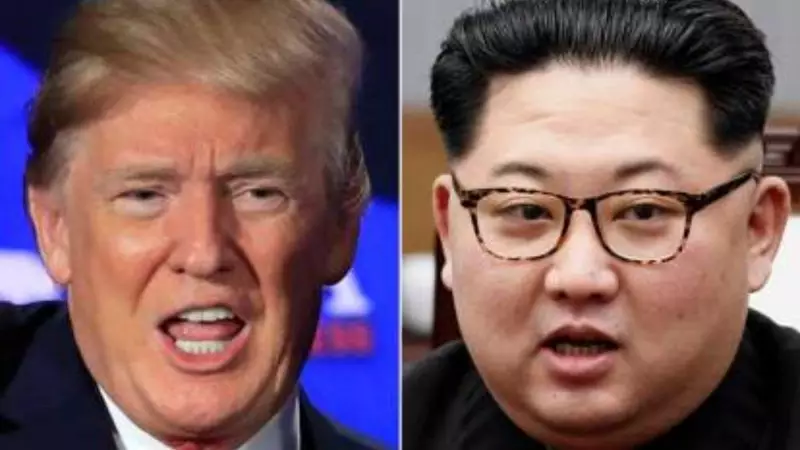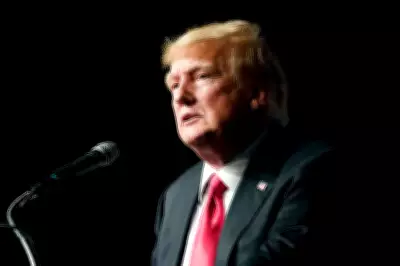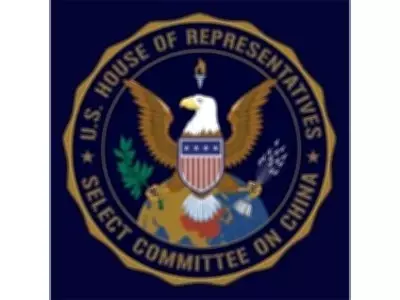
In a calculated display of military prowess, North Korea conducted several missile tests just as former US President Donald Trump touched down in South Korea. The timing appeared anything but coincidental, sending a strong message to the visiting American leader.
Pyongyang's Provocative Timing
According to North Korea's state media, the missile launches were part of "regular activities" of the country's missile units. However, international observers noted the unmistakable symbolism of conducting these tests during Trump's high-profile visit to Seoul.
The Korean Central News Agency (KCNA) reported that the drills involved multiple rocket launchers and tactical ballistic missiles, all precisely hitting their intended targets in the sea. North Korean leader Kim Jong Un personally supervised the exercises, underscoring their significance.
Trump's Diplomatic Mission Overshadowed
Former President Trump's visit to South Korea was intended to discuss regional security and strengthen alliances. Instead, he found himself confronting North Korea's latest show of military capability.
Analysts suggest that Pyongyang's actions were deliberately timed to demonstrate that North Korea remains a formidable nuclear power, regardless of who occupies the White House. The message was clear: North Korea will continue to develop its weapons program on its own terms.
International Response and Concerns
The missile tests have drawn sharp criticism from global powers, with many labeling them as provocative acts that threaten regional stability. United Nations resolutions explicitly prohibit North Korea from testing ballistic missiles, which are capable of carrying nuclear warheads.
Security experts warn that these latest tests indicate North Korea is continuing to refine its weapons technology, potentially developing more sophisticated delivery systems that could reach farther targets.
The situation highlights the ongoing tensions on the Korean peninsula and raises questions about the future of denuclearization talks. As both sides continue their strategic posturing, the region remains on edge, awaiting the next development in this high-stakes geopolitical standoff.





